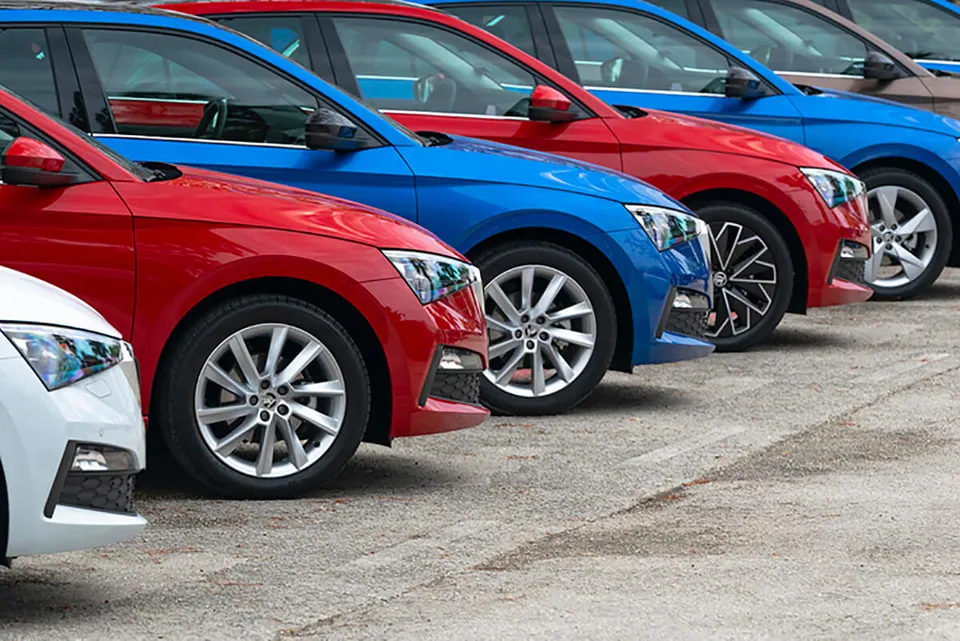UK fleets have higher growth expectations than the European average and rank in the the top five from 30 countries surveyed, new research suggests.
The figures from the 2024 Arval Mobility Observatory Fleet and Mobility Barometer reflect a more positive outlook for UK businesses compared to other major European economies.
Shaun Sadlier, head of Arval Mobility Observatory in the UK, said: “Looking at specific reasons why UK fleets expect to see expansion, by far the most popular at 81% - up from 76% last year - is that their company is expanding or planning new activities.”
However, two-in-five UK fleets (39%) see company vehicles as a key employee attraction and retention tool and a similar proprtion (37%) intend to offer vehicles to employees with no company car eligibility such as salary sacrifice arrangements.
“All of these percentages are increases on 2023 and therefore arguably indicate that the fleet is becoming more valuable to businesses,” added Sadlier.
In terms of growth, 38% car and van fleets are predicting growth in the number of vehicles they operate in the next three years – up from 29% when asked the same question in 2023.
More than half (56%) believe that numbers will remain stable and just 5% are forecasting that the size of their fleet will fall.
Sadlier said: “At a headline level, these results suggest that UK fleets are feeling pretty optimistic about the future and are continuing to shake off the effects of the pandemic.”
There are, however, some interesting variations among business of different sizes. For example, the largest surveyed – with more than 1,000 employees – foresee only a 27% increase and are also the most likely to predict fleet contraction, at 11%.
Figures for car fleets alone, excluding vans, were even more positive with an overall 43% predicting an increase.
“There’s a perhaps surprising contrast to the combined car and van figures here, with the largest fleets among the most confident,” said Sadlier.
Exactly half (50%) believe they will see growth, although those in 10-99 employees category are the most optimistic at 51%.
“This trend probably illustrates the extent to which larger employers feel there is potential for both cash-takers continuing to return to company cars thanks to low taxation for electric vehicles (EVs), and for considerable growth in salary sacrifice schemes that centre on EVs,” added Sadlier.
At the start of the year, vehicle leasing companies were forecasting rapid growth in salary sacrifice for cars after reporting a record rise in the benefit during 2023.
The Leasing Outlook Report from the British Vehicle Rental and Leasing Association (BVRLA) showed salary sacrifice grew by 68% year-on-year in the third quarter of 2023, with a 12% uptick on the previous quarter (Q2 2023).
Leasing companies said that they expected this growth to continue as cash allowance drivers join the wider employee base in switching to this surrogate fleet scheme when their current car finance contracts end.
Some car manufacturers were even reported to be working with leasing companies on how to position their cars attractively within salary sacrifice schemes.



















Login to comment
Comments
No comments have been made yet.